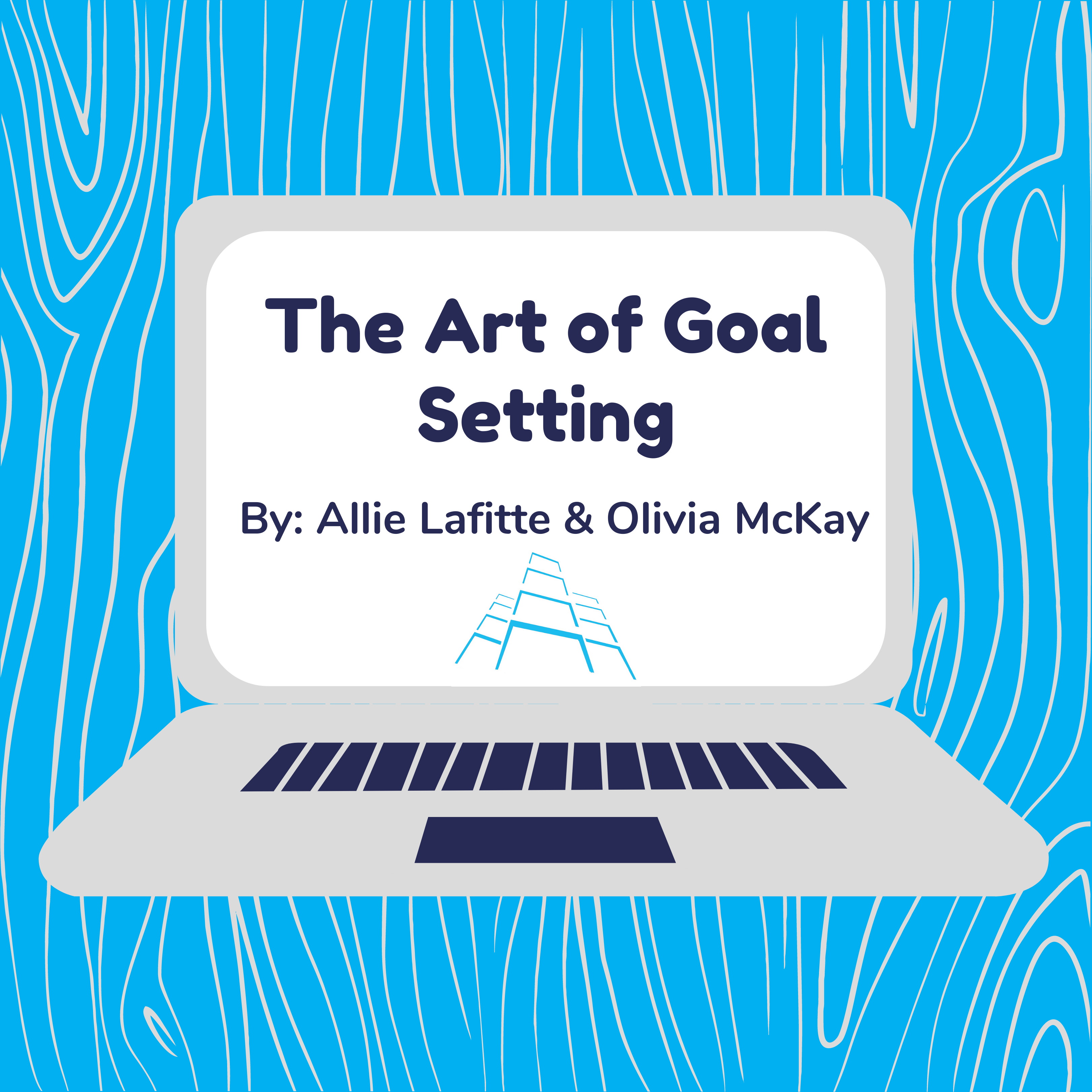As we near the end of Q4 and 2021, many organizations are conducting their year-end performance review conversations. These discussions are an opportunity for both the employer and employee to review successes over the past year and set goals moving forward for the year ahead. For the December newsletter, we break down best practices for employees looking to set motivating yet attainable goals to help guide their efforts in 2022.
First, it’s essential to look at why performance reviews are essential and what they can help accomplish if done properly. For employees, they serve as a dedicated time to provide transparent feedback to their supervisor of what they feel they excel in and where they feel they could use improvement. For supervisors, it is a chance to provide their employees with clarity on what success looks like in their role, to understand how they can better support their employees in their development, and provide clear feedback on their areas of excellence and improvement. Ultimately, this feedback loop allows employees to have further support and clarity on how to obtain their professional short and long term goals.
One of the best ways to set yourself up for success is to take the initiative with goal setting. In tandem with creating you professional goals during your performance review, motivate yourself to take a holistic look at your professional career. Before you jump into goal setting, take the below bullet points into consideration:
- Get a firm understanding of where you are: Take a look at any previous goals, assess the progress you have made towards achieving them, and if they still align with your long-term goals.
- Talk to a trusted colleague or mentor: Ask someone you trust and respect to help you uncover areas to grow professionally. If you’re working with someone with more experience than you, ask if they are comfortable sharing examples from their career.
- Find examples: Whether you’re asking a trusted source or looking for information online, be sure to find concrete examples of the types of goals you’d like to set. Determine if they are tangible or intangible and how you are going to approach each goal. You are likely not the first person to set goals in this area – use the tools at your disposal!
Once you’re ready to start formulating your professional goals, you will need to make sure they are attainable. Beginning with a micro-goal is a great way to start. Small, consistent habits turn into big goals. It’s great to dream big and think of what you want to achieve, but to accomplish those, you have to start small to reach those – those are micro habits.
The CLEAR goals method will help you craft achievable objectives, focus on your position, and contribute to overall cohesiveness. There are a few key pieces to focus on to determine your CLEAR goals:
- Collaborative: You should consider what or whose support you will seek to gain the support you need to achieve your desired results. Look to team members, managers, or mentors for guidance. Having a social framework will stimulate momentum and create a feedback loop for continuous movement towards your goals.
- Limited: Think about the time constraints associated with your goals. When do you want to reach them? Do you have the proper personal and/or professional bandwidth and capabilities to achieve these goals? What limitations might there be given my position within the firm? It’s important to develop a firm understanding of what you can realistically accomplish and where you will need support.
- Emotional: Above all, your goals should mean something to you. By having intrinsic ties to your objective, you will be more committed to achieving it. Consider the outcome and how it relates to your mission statement and values. While developing your goals, be sure to create a connection to your passions and core focuses.
- Appreciable: Professional goals should have clear stepping stones. Avoid creating too big a goal for yourself without having tangible smaller steps to help yourself get there – have a clear plan of what you want to accomplish.
- Refineable: Like most things in the professional world, your goals will always be in flux. Things are destined to change, and your goals should be malleable to these changes. Try to anticipate what factors could affect your goals and plan accordingly. Consider what goals are the most important to your responsibilities, prioritizing when necessary. Allow yourself the flexibility to modify your goals as your situation develops.
Setting goals is an important part of continued professional growth. Through a performance review or just setting goals for yourself, remember a few of these key tips discussed to help guide your goal-setting venture.

Related Posts
Let's learn together.
Stay inspired and in the know on all things A|E|C.
Sign up for our monthly newsletter.










